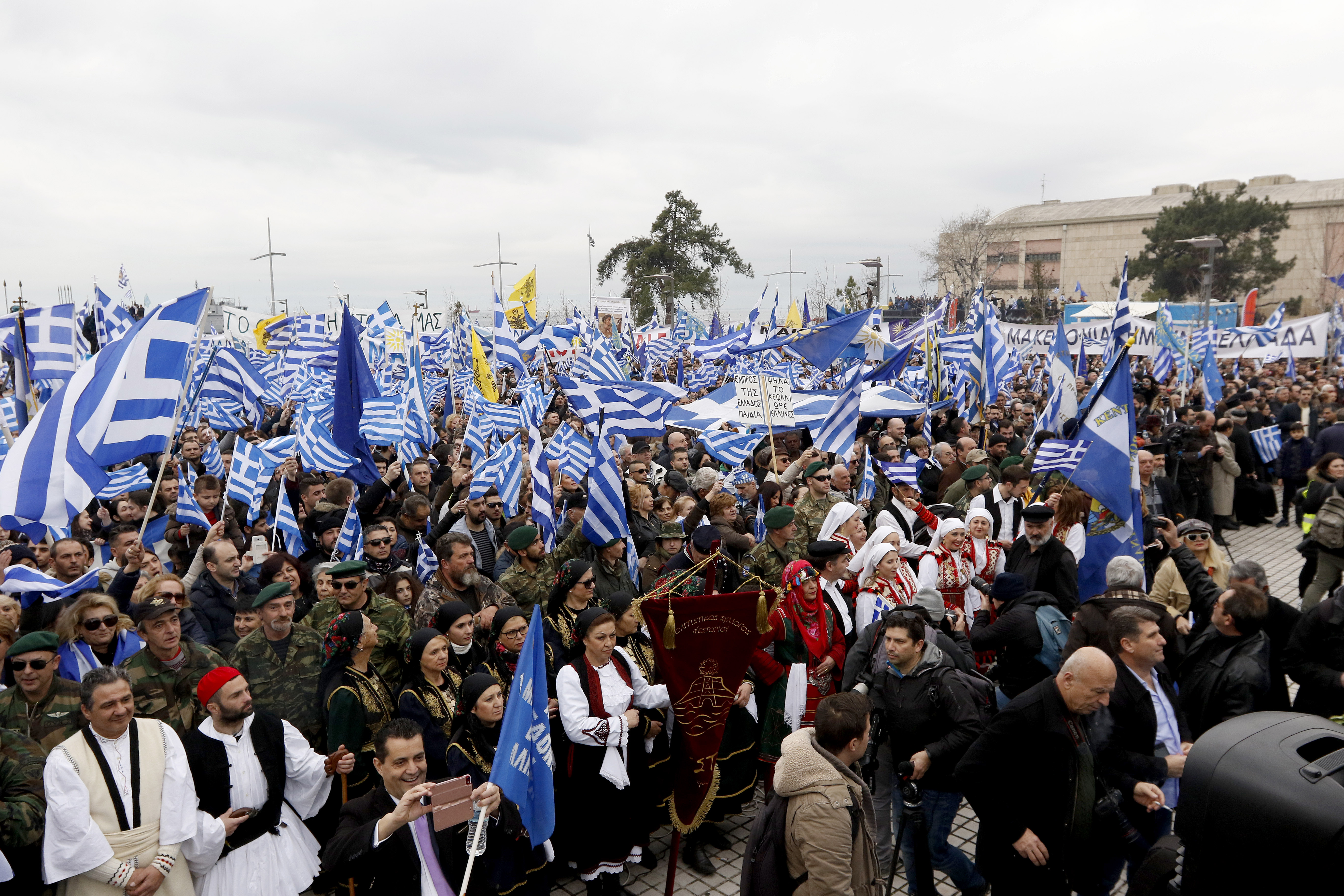By Antonis Karakousis
All of Greece’s political parties, older and newer, were tried severely in the many years of economic crisis.
From those that were dominant until now, all had the opportunity to rule, and faced the repercussions of their inadequate efforts, at first to save the country and afterwards to escape the long tunnel of recession and underdevelopment.
The first and greatest victim was Pasok and the broader social democratic field, because its rule coincided with the start of the crisis and because George Papandreou was unable to discern the weight of what was to come. He conducted politics, both as a candidate and as PM, as if it were a routine situation.
Pasok and social democratic forces was saddled with all the sins of the world, just as the propaganda of the previous New Democracy government wanted, as it hid behind the timely and almost voluntary departure of Costas Karamanlis from power in 2009.
The actions of the Karamanlis government from 2004 to 2009, especially that it did not take precautions and measures to avoid bankruptcy, were not publicised and analysed adequately, but they still bedeviled New Democracy.
They were revealed partially due to Antonis Samaras’ impatience in trying to seize power from George Papandreou, and later in the ecumenical government, when tough measures had to be taken to avert the collapse of the country.
In February, 2012, at the height of the “anti-memorandum struggle”, one saw the first opportunity to bolster the until then weak national-populist forces both on the left and on the right.
New Democracy experienced its first split, with the en masse departure of national-populist MPs under Panos Kammenos. One also saw the opportunity of the then enraged Left of Alexis Tsipras to escape from the margins of political life.
In the May, 2012 elections, New Democracy was deeply wounded and dropped to 18 percent, a bit higher than SYRIZA. The populist hysteria and anti-memorandum rhetoric, the extremities and the mock gallows, the accusations of treachery and political sell-outs to foreigners, all impacted catalytically on the electorate.
If a pro-European front had not been formed in the second elections in June, the emerging national-populist forces would have prevailed.
A substantial segment of the electorate was scared by the prospect of the rise of anti-European forces and turned to New Democracy, allowing Antonis Samaras to recover and gain power.
However, the seeds of doubt had taken root and it was a matter of time for that circle to find the road to power.
From the summer of 2012 until the European Parliament elections of May, 2014, the Samaras government attempted to put things on track, but tensions did not permit clean and quick decisions. After the defeat in the Europarliament elections, the efforts towards economic reform receded and the aim of clinging to power predominated.
As a result, the then government lost the support of European partners and the road was paved for Mr. Tsipras and his erratic partner to come to power.
In January, 2015, Mr. Tsipras and the forces of imprudence prevailed, without cognizance of the surrounding conditions or of the obligations related to saving the country from bankruptcy.
Everyone knows and remembers what followed in the first six months of the Tsipras government.
The country reached the edge of the abyss and the PM had to make an about-face in order to save what was salvageable.
He clashed with the most dynamic segment of his party and was forced to call elections in order to confirm his leadership. The truth is that citizens applauded his stance, and thereafter he conformed to the mandates of partners and creditors.
With time, just as all those who had managed the crisis before him, Tsipras confronted the political cost and the wear of governance. The establishment of fiscal discipline and the inability, due to ideological and other fixations, to fashion growth policies to counterbalance austerity, made that wear irreversible, and rendered the partnership with Panos Kammenos absolutely problematic.
That led Tsipras to seek political ways out and new alliances. After trying to exploit for quite a while the issue of corruption and others’ scandals, he chose to deal with the coming crisis for himself and his party by drawing new dividing lines.
To this end, he utilised the European desire to incorporate the Balkans in European processes, and six months ago he began to push dynamically for a resolution of the Macedonian naming problem.
He hoped for a quick victory, by putting Kyriakos Mitsotakis and New Democracy in a tough spot, but he did not calculate the reactions and the sentiments of the residents of (the northern Greek province) Macedonia. The demonstrations and the “Macedonian movement” rocked everyone. Though on a different scale, the reactions were not unlike those against the bailout.
Conservative citizens may not have hit the streets over taxes, but they were up in arms over Macedonia.
Mitsotakis immediately hastened to safeguard his party, rejecting every solution, and the government found itself isolated and divided. The Independent Greeks are headed towards dissolution, and Tsipras’ only allies are To Potami leader Stavros Theodorakis and former prime minister George Papandreou.
Movement for Change leader Fofi Gennnimata fenced in her party against the agreement. The Greek Communist Party kept its distances. Golden Dawn and other national populists were rejoicing in the belief that their time has come, given the heightened influence of all manner of nationalistic parties throughout Europe.
There is a common conviction that from the overall reaction on the Macedonian naming issue, nationalist formations in Greek politics will benefit.
As predicted, a drawing out of the crisis will permit the electoral rise of the extreme right, as happened with the Left during the “anti-memorandum struggle”.
Nothing ensures that Mr. Mitsotakis’ shift will avert that.



